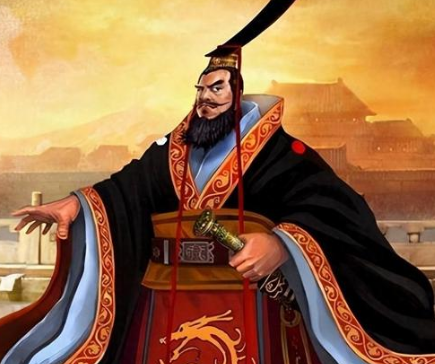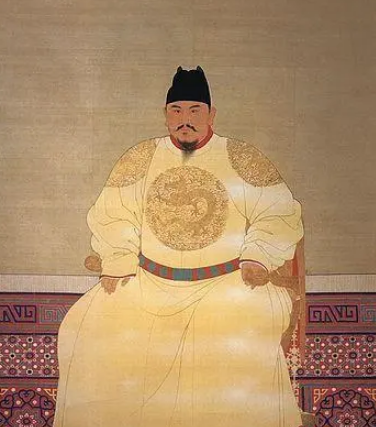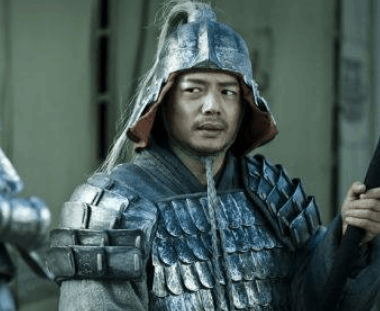Qin Shi Huang, the first emperor in Chinese history to unify the six kingdoms, has always been controversial about his name. Some say his surname is Zhao and his given name is Zheng, while others insist that his surname is Ying and his given name is Zheng. Both of these claims have their historical basis, and understanding this controversy requires tracing back to the surname system of ancient China and the background of Qin Shi Huang's family.

Firstly, let's start with the claim that his surname is Ying. Qin Shi Huang comes from the royal family of the Qin State, and the royal family of the Qin State has traditionally used Ying as their surname. According to the "Records of the Grand Historian," Qin Shi Huang's ancestor in terms of legal succession is Qin Zhuangxiang Wang, whose name is Ying Ji. Therefore, according to the law of bloodline inheritance, Qin Shi Huang should have the surname Ying, which is also the view adopted by official historical records and most historical sources.
However, there is also evidence for the claim that his surname is Zhao. Qin Shi Huang's father is the crown prince of Qin Zhaoxiang Wang, Zi Chu. Zi Chu was once kept as a hostage in the State of Zhao for many years and married a Zhao woman there, who later became known as Zhao Ji. When Zi Chu returned to the Qin State and ascended the throne as Qin Zhaoxiang Wang, Zhao Ji became the queen, and her son was the later Qin Shi Huang. Since Zhao Zheng was born before Zi Chu returned to the Qin State and his mother was of the Zhao surname, there is a claim that his surname should be Zhao. This is also reflected in the "Records of the Grand Historian," as Sima Qian refers to Qin Shi Huang as Zhao Zheng.
Both claims seem reasonable and well-supported, but a more reasonable conclusion can be drawn by considering historical records and social customs of that time: Qin Shi Huang should primarily use the royal surname "Ying." In ancient China, it was common for men to adopt the surname of their country, especially among members of the royal family. Although Qin Shi Huang's mother was from the State of Zhao, as the heir to the Qin royal family, he naturally inherited the royal surname "Ying." Furthermore, after unifying the six kingdoms, Qin Shi Huang was more likely to emphasize his descent from the Qin royal family, namely the surname Ying, in order to strengthen the legitimacy of his rule.
In summary, whether called Zhao Zheng or Ying Zheng, Qin Shi Huang was a monarch of epoch-making significance in Chinese history. His unification efforts not only ended the long-standing wars between the warring states but also pioneered centralized power and laid the foundation for the imperial system in later generations. The debate over his surname can perhaps be understood from a cultural perspective, not only as an exploration of his personal identity but also as a deep reflection on the patriarchal, political, and cultural aspects of that era.
Disclaimer: The above content is sourced from the internet and the copyright belongs to the original author. If there is any infringement of your original copyright, please inform us and we will delete the relevant content as soon as possible.
































